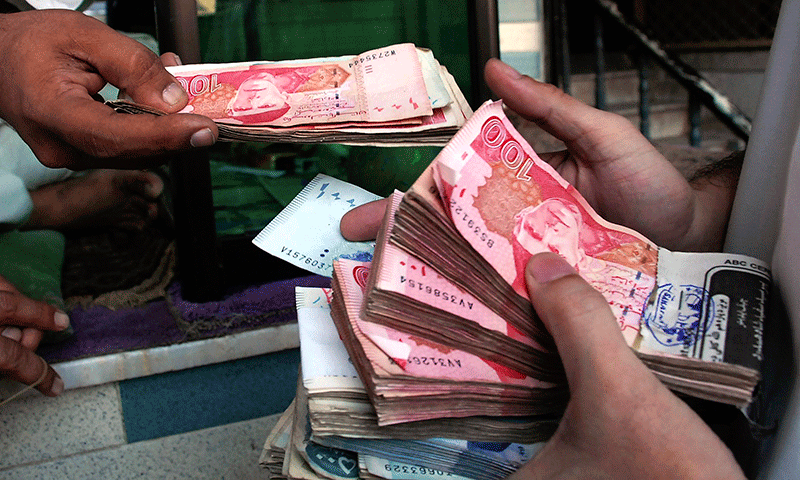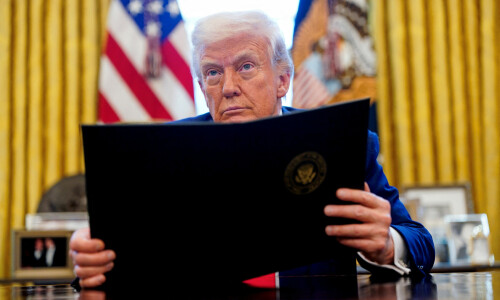ISLAMABAD: In a surprise move, the Punjab government has withdrawn the much-publicised electricity subsidy for consumers in Islamabad for September.
According to a statement issued by Islamabad Electric Supply Company (Iesco) on Wednesday, the Rs14 per unit subsidy in electricity bills for federal capital consumers has been suspended by the Punjab government.
However, consumers in other parts of Punjab will continue to benefit from the relief until September 30, 2024. The relief package was announced in August for two months, the statement said.
Apart from Azad Kashmir, Iesco’s jurisdiction includes areas from Attock to Jhelum districts in Punjab, and the federal capital. There are a total of around one million domestic consumers in Iesco jurisdiction, including 125,000 in 15 sub-divisions of the Islamabad Capital Territory.
An Iesco senior official confirmed that a notification has been issued to the sub-divisions for a change in the software for the upcoming bills.
Withdraws much-publicised relief for Iesco consumers
Sources in Iesco said the Punjab government had informed the company that the CM Punjab Relief at Rs14 per unit for domestic single-phase consumers having consumption range from 201 to 500 units was being discontinued for Islamabad for September 2024.
The subsidy worth Rs45 billion was announced on Aug 16 by PML-N president Nawaz Sharif on behalf of the Punjab government.
The Punjab-only power subsidy had ignited a war of words between the ruling coalition parties, with the PPP criticising the PML-N-led federal and Punjab governments. The opposition had also seized the opportunity to criticise the PML-N, accusing the party of providing relief only to Punjab while neglecting other provinces.
The announcement was also met with disdain from the PPP-led Sindh government and the PTI-led KP government.
On the other hand, the IMF introduced a new condition, making it mandatory for all provincial governments to refrain from introducing any policy or action that could be perceived as undermining any of the commitments made under the $7bn programme.
The relief announcement came at a time when the PML-N government was facing intense criticism over inflated power bills during the peak summer months of June and July.
The move also followed a week after the government reached an agreement with Jamaat-i-Islami, which led to the conclusion of the party’s 14-day sit-in at Liaquat Bagh. The sit-in, which began with a march to Islamabad, aimed to pressure the government to reduce electricity rates, a key demand of the party.
One of the key clauses of the agreement signed with the federal government on August 9 was that the electricity rate per unit would be reduced in upcoming bills.
The Punjab government’s decision to discontinue the electricity subsidy for Islamabad consumers is expected to save Rs3.5-4 billion.
Published in Dawn, September 12th, 2024












































